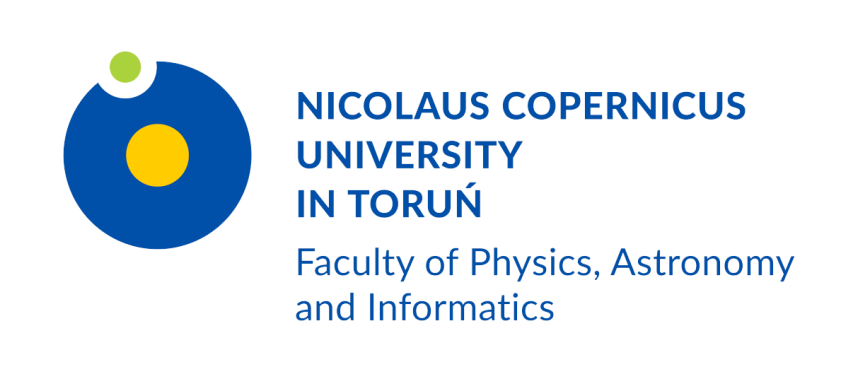
A multidisciplinary team of scientists, including Dr. hab. Karolina Mikulska-Ruminska, from the Department of Biophysics at the Institute of Physics at the Nicolaus Copernicus University, made another important discovery related to the process of ferroptosis by identifying two new inhibitors that block the process of ferroptosis. The findings were published in the prestigious journal Proceedings of the National Academy of Sciences of the United States of America (PNAS).
Ferroptosis is a form of regulated cell death, different from better known apoptosis or necrosis. Ferroptosis characteristic feature is increasing level of lipid peroxides. Therefore, free radicals take electrons from the lipids causing the cell damage. Ferroptosis was identified as the mechanism of cell death in Parkinson and Huntington’s diseases, and sepsis. It plays a critical role in the treatment of cancers, and may contribute to the degradation of tissue in brain trauma, kidney diseases and asthma. Although, a lot of interest of that process can be seen among scientists, the explanation still remains unclear.
The above mentioned team of scientists designed, synthesized and tested a group of compounds using biochemical, molecular and cell biology models, as well as lipidomic studies and computer modeling. This led to the discovery of two compounds that were able to effectively inhibit ferroptosis without affecting the biosynthesis of pro/anti-inflammatory lipid mediators used by the immune system.
The study on this topic was reported in the recent article The discovery of selective antiferroptotic inhibitors, another groundbreaking study on regulated cell death in the Proceedings of the National Academy of Sciences of the United States of America (2023).The studies were i.a. supported by the National Science Centre (Poland) and National Institutes of Health (NIH).

 Grudziądzka 5, 87-100 Toruń
Grudziądzka 5, 87-100 Toruń